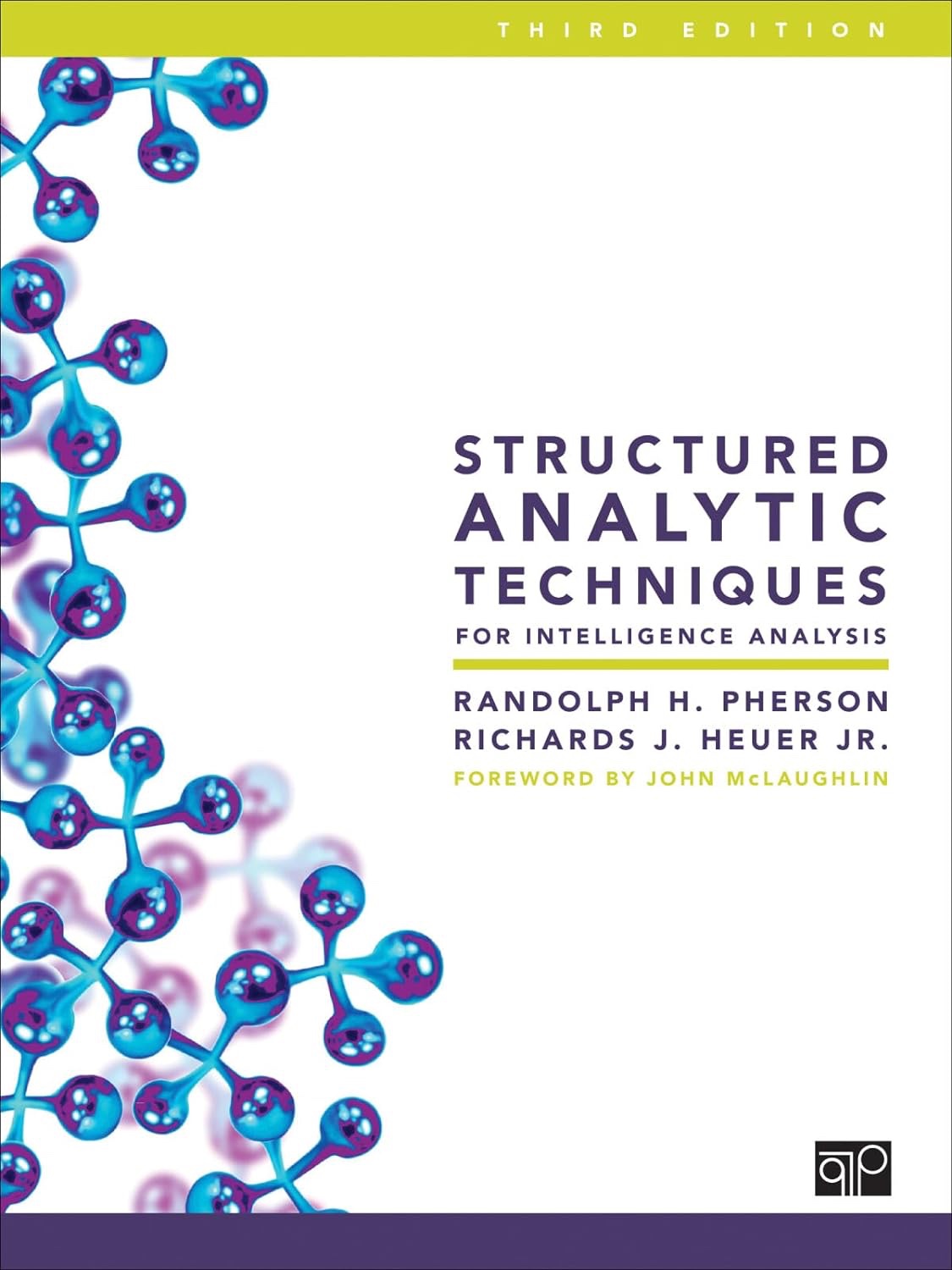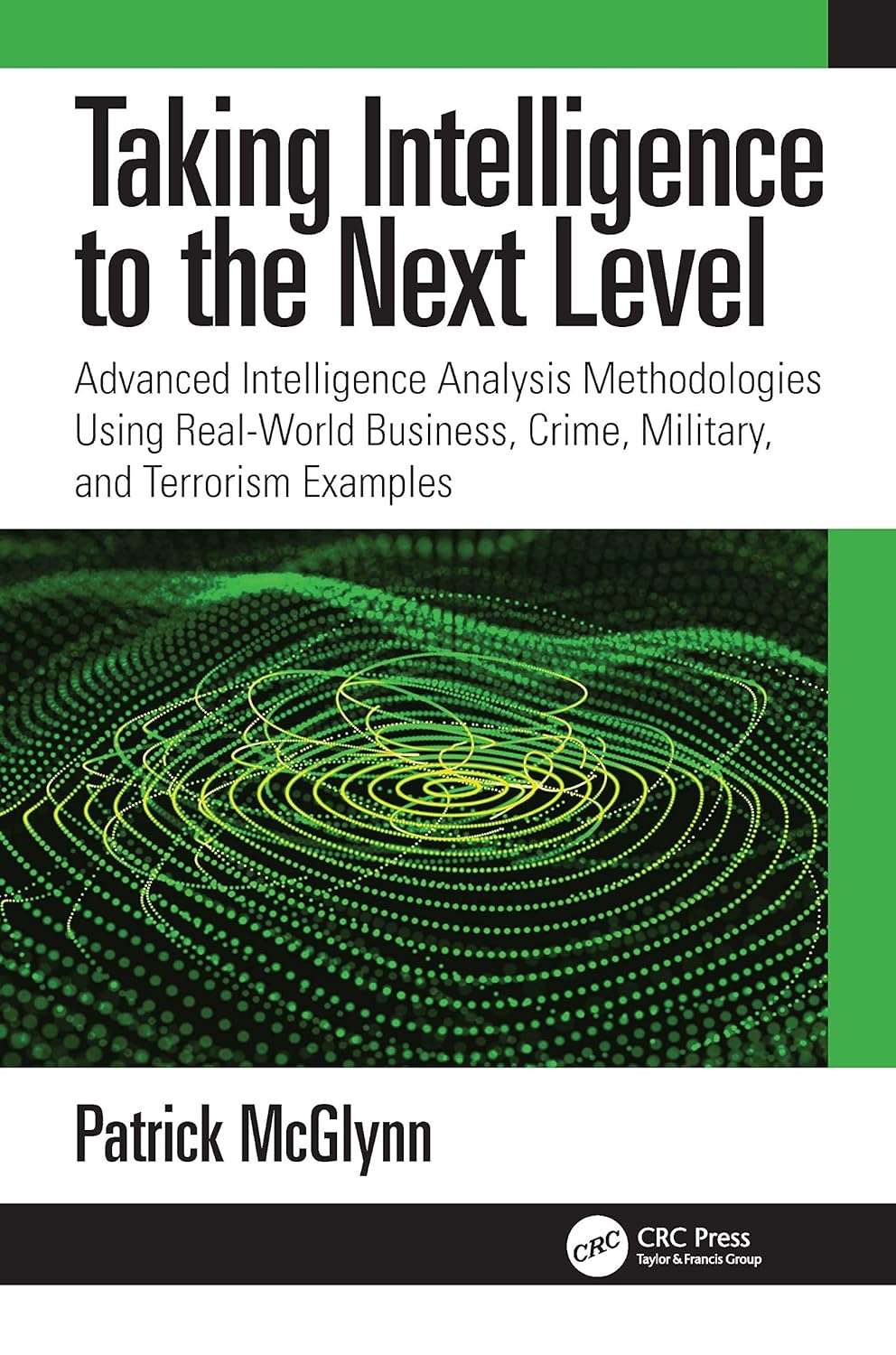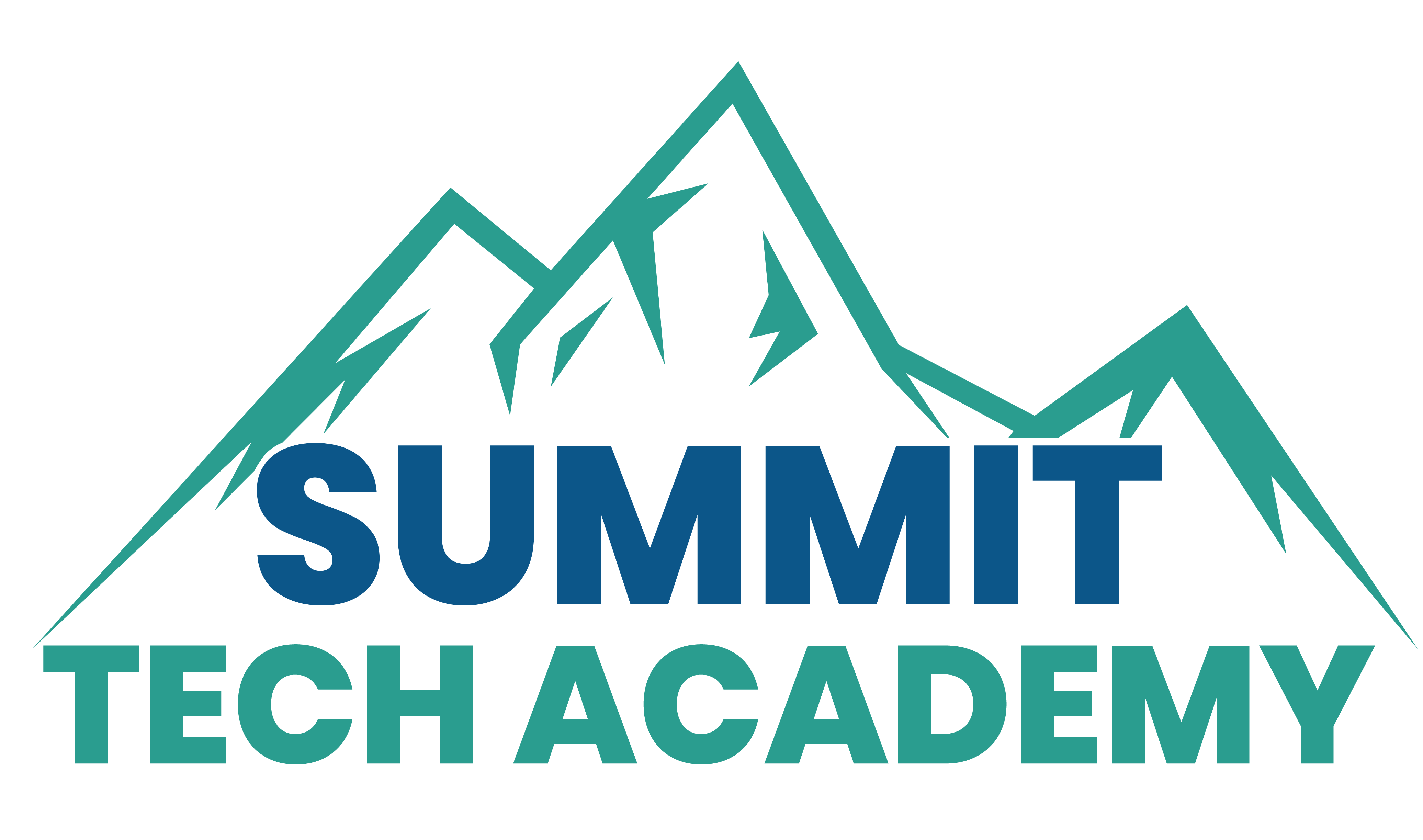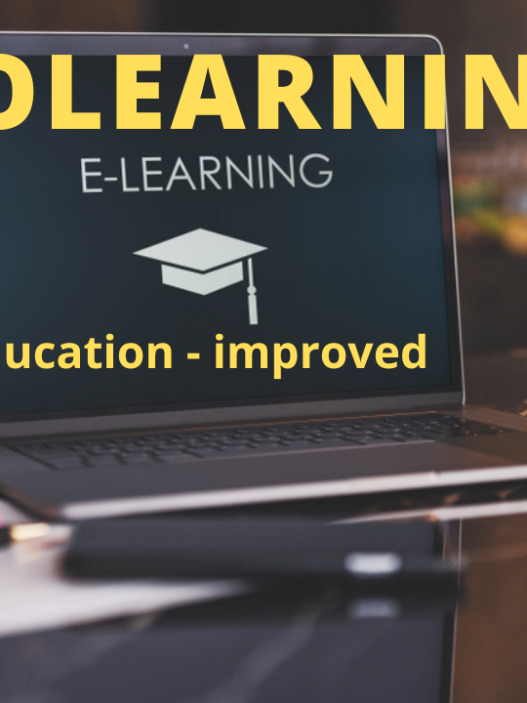Data Analytics, Business Analytics, Financial Analytics, AI-Driven Analytics – there seems to be little shortage of different analytical focus points and tools. It may be worth making some effort to understand analytics in general – without the prefix.
What are Analytics and how do they relate to Analysis?
In the programs I teach, I have been making as much effort as possible to help students develop an understanding of analytics in decision-making. They absolutely need to learn tools and methods, but I also believe a strong contextual knowledge will serve them as tools and methods evolve and change.
an·a·lyt·ics
[ˌanəˈlidiks]
NOUN
- the systematic computational analysis of data or statistics: “content analytics is relevant in many industries”
- information resulting from the systematic analysis of data or statistics: “these analytics can help you decide if it’s time to deliver content in different ways”
The above definition of analytics is interesting, but I’m also a bit disappointed that it focuses on computation, data, and statistics only. All true, but maybe what is missing (in my opinion) is the role of Critical Thinking and the relationship to decision-making or sense-making, The idea that analytics serves a purpose and, I think, that purpose-driven element should at least have some representation in the definition.
This might be my own bias. I’m very interested in functional value of analytics – as opposed to analytics for their own sake. Which led me to consider a related term: Analysis
a·nal·y·sis
[əˈnaləsəs]
NOUN
- detailed examination of the elements or structure of something: “statistical analysis” · “an analysis of popular culture”
While a bit more focused on application, this definition still left me a bit… disappointed.
There just seems to be something missing with these definitions in terms of being value-driven. Something I think is important enough to consider because having a purpose to the process does seem important to prevent wasted time and effort.
The Skills of Analysis ands Analytics
When asked for the skills of an Analyst – there are those that relate to toolsets and methods and, in some cases, the skills around the use of those tools.
My belief is that the tools and methods of analytics are important, but transitory – while the skills related to application of the tools towards strategic, tactical, and even operational use are more foundational (and, probably more accurately defined as analysis skills.)
The potential risk I see and would like to avoid in my own teaching, is to provide one and not the other. Both are crucial to success.
While toolset skills (software, services) often take center stage in job postings – I do think that the skills related to Critical Thinking, Systems Thinking, Strategic Application, and Decision Support are not explicitly stated, but often more valuable.
I’ve always encouraged my students to ask “why”. Why do you want this data to be processed analytically? What perceived or real value will it being to the organization?
Defining and Building Analytical Skills – Lessons from the Intelligence Community
An area that I’ve had some interest in and have been exploring more significantly recently is the area of Intelligence Analysis (yes, a prefix has arrived!)
My thoughts are that the Intelligence Community has a lot to offer any organization seeking to incorporate strong analysis techniques and methods into their own objectives.
Structured techniques that first involve an understanding of the psychology of decision-making, the role of critical thinking, Ethics, Open Source Intelligence, and the way that the product of analysis is applied to real-world objectives is a worthwhile consideration for our own analytics and analysis work.
There are many ways we can use the work done in this area and make out own business and organizational intelligence better.
Having a framework of analysis first, analytics second (in support of the analysis) is something I believe will see more traction in the future. It’s definitely something I do try and convey to the students I teach – and, as I see more and more programs around analytics, I can’t help but grow concerned that the lack of analysis may make some of this work fail.
The speed at which we can get results from data does not mean that those results are valid and/or valuable.
What resources am I currently looking at?
There are many resources that I’ve used over the years some that I’m blending into my teaching.
For the foundational resources in Critical and Creative thinking – I believe I’ve done some BLOG posts on those – if not, let me know as I’m happy to share them,
Here are some of the recent resources I’m mining for potential inclusion in part for my future Analysis teaching:
Note: I’m also looking at several OSINT sources, but their use/incorporation is more specific and less general – so they aren’t here.
Start by understanding how we think
“Psychology of Intelligence Analysis” Richard’s J. Heuer, Jr.

This book is an excellent resource on how we can gain understanding on how we should be thinking about our analysis prior to even opening an Application to perform Analytics (Data, Finacial, Business, etc.)
If our aim in using data is to have a purpose – then understanding the psychology behind our decisions is a strong first step.
Structured Techniques
“Structured Analytic Techniques for Intelligence Analysis” Randolph H. Pierson and Richard J. Heuer Jr.

This book is one of my favourite reads. The time invested in understanding different ways to view analysis can be of incredible value before over-investing in tools that don’t provide support for what you are actually interested in understanding.
If we take a tools-first approach, we may be missing the point at best and making costly mistakes at worst. Tools, while valuable, are inherently limited in what they can be used for. This book is a wealth of techniques that should come before tool selection.
A newer addition to my library that looks promising
This reference is new for me – so I can’t directly speak to it’s value, but I include it here because:
1) it looks interesting from the Table of Contents.
2) it does specifically mention business in the title – which is a trend I anticipate growing (hence this BLOG post on Intelligence Analysis applications in the Analytic Architectures)

Rather than recommending or commenting on this book – I’ll read it and follow-up with my thoughts later.
Where to next?
The purpose of sharing my thoughts around building thinking skills and techniques prior to jumping into tools or specific domains is to try and prevent a backlash against tool-driven analytics.
If a false sense of data-driven decision making becomes prevalent, then it is only a matter of time before the entire field begins to suffer from failures to deliver value.
Understanding how we make decisions, techniques for good decision making, and examples of Analysis from real-world Analysts – such as Intelligence Analysts – is a solid foundation. Then, using tools we can perform Analytics that matter.





